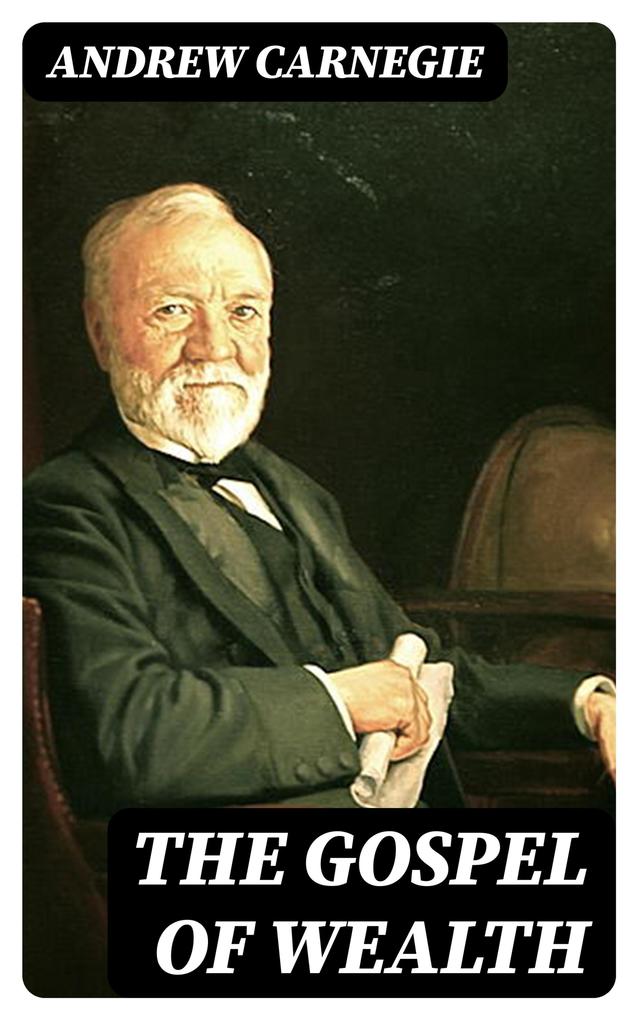
Sofort lieferbar (Download)
In 'The Gospel of Wealth' by Andrew Carnegie, the author explores the responsibility of the wealthy in society and advocates for the redistribution of wealth for the common good. Written in a persuasive and eloquent style, Carnegie delves into the economic disparities of his time and presents a vision for philanthropy and social progress. The book serves as a significant commentary on the Gilded Age and continues to hold relevance in discussions on income inequality and philanthropic giving today. Carnegie presents his ideas in a clear and compelling manner, making it accessible to a wide audience interested in social and economic issues. Andrew Carnegie, a self-made steel magnate and one of the wealthiest individuals in history, drew on his own experiences and success to write 'The Gospel of Wealth'. His belief in the moral obligation of the wealthy to give back to society was shaped by his own rags-to-riches story and philanthropic endeavors. Carnegie's influence as a prominent industrialist and philanthropist adds credibility to his arguments and positions him as a leading voice on wealth redistribution and social responsibility. For readers interested in exploring the moral and ethical implications of wealth accumulation and distribution, 'The Gospel of Wealth' offers a thought-provoking perspective. Carnegie's insights and arguments challenge conventional notions of wealth and charity, making it a must-read for those seeking a deeper understanding of societal obligations and economic justice.
Produktdetails
Erscheinungsdatum
29. Mai 2022
Sprache
englisch
Seitenanzahl
29
Dateigröße
0,42 MB
Autor/Autorin
Andrew Carnegie
Verlag/Hersteller
Kopierschutz
mit Wasserzeichen versehen
Family Sharing
Ja
Produktart
EBOOK
Dateiformat
EPUB
ISBN
8596547019930
Entdecken Sie mehr
Bewertungen
0 Bewertungen
Es wurden noch keine Bewertungen abgegeben. Schreiben Sie die erste Bewertung zu "The Gospel of Wealth" und helfen Sie damit anderen bei der Kaufentscheidung.









